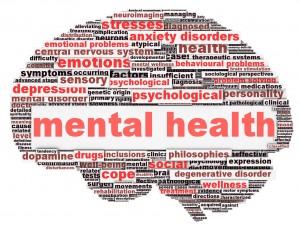 This week, I’m using my airplane-exit-row hands to direct you over to Matthew Peter’s blog. A fellow mental health services consumer and wellness advocate, Matt has been an important voice in the conversation and education around dual diagnosis (which he wrote about on my website back in June). I’m grateful that he’s created space for me to highlight something I feel quite passionate about, and that is the need to extend the “depression conversation” to include your kids if you’ve got a case of it in your home. It may not sound like a good idea initially, but I explain my rationale here: Depression as a Dinner Table Topic.
This week, I’m using my airplane-exit-row hands to direct you over to Matthew Peter’s blog. A fellow mental health services consumer and wellness advocate, Matt has been an important voice in the conversation and education around dual diagnosis (which he wrote about on my website back in June). I’m grateful that he’s created space for me to highlight something I feel quite passionate about, and that is the need to extend the “depression conversation” to include your kids if you’ve got a case of it in your home. It may not sound like a good idea initially, but I explain my rationale here: Depression as a Dinner Table Topic.
Thank you for reading and sharing!


